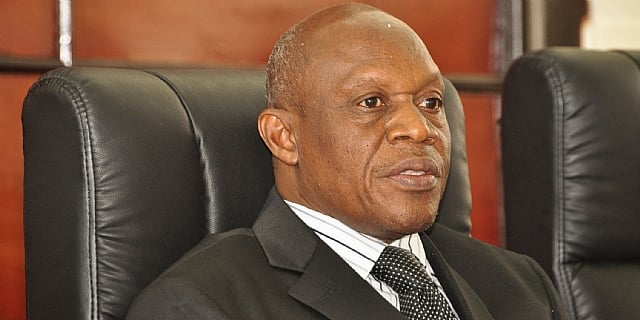Justice William Atuguba’s critique of Ghana’s political system paints a stark picture of a democracy grappling with the erosion of its foundational principle: the separation of powers. He argues that the current system, while nominally divided into executive, legislative, and judicial branches, suffers from an excessive concentration of presidential power, undermining the checks and balances crucial for a healthy democracy. This imbalance, according to Justice Atuguba, stems from the president’s pervasive influence over appointments across all branches of government, creating a culture of deference rather than accountability.
The judiciary, intended to be an independent arbiter of justice, is not immune to this presidential sway. Justice Atuguba recounts a telling incident during the selection of a Chief Justice, highlighting how political considerations overshadowed merit and seniority. His personal experience of being sidelined for the position underscores the systemic issues plaguing the judiciary, where appointments often appear to be driven by political expediency rather than qualifications and experience. This politicization of judicial appointments compromises the integrity of the judicial branch and its ability to act as a check on the executive.
The fusion of executive and legislative powers further exacerbates the imbalance. Ghana’s constitutional mandate requiring a majority of ministers to be drawn from Parliament has created a conflict of interest that undermines the legislature’s ability to provide effective oversight. Justice Atuguba argues that this provision incentivizes MPs to prioritize ministerial appointments over their legislative duties, fostering a culture of compliance towards the executive branch. This dynamic effectively transforms the legislature into a rubber stamp for the president’s agenda, rather than a body that robustly debates and scrutinizes government policies.
This intertwining of the executive and legislature is further complicated by the removal of a key provision from the 1979 Constitution, which required MPs appointed as ministers to resign their parliamentary seats. This change allows individuals to hold dual roles, blurring the lines between legislative oversight and executive authority. This blurring weakens the separation of powers and allows the executive to exert undue influence over the legislative process, hindering the legislature’s ability to independently represent the interests of the constituents.
The consequences of this power imbalance are far-reaching. The concentration of power in the executive branch weakens accountability mechanisms and creates an environment where the president’s agenda takes precedence over the needs of the citizens. This can lead to policies that benefit a select few rather than serving the broader public interest. Furthermore, the lack of effective checks and balances can create a breeding ground for corruption and abuse of power, eroding public trust in government institutions.
Justice Atuguba’s critique serves as a clarion call for constitutional reform and a re-evaluation of Ghana’s governance structure. His perspective highlights the urgent need to strengthen the separation of powers, promote judicial independence, and enhance legislative oversight. These reforms are essential to restoring balance within the government, ensuring accountability, and fostering a truly democratic system that serves the interests of all Ghanaians. The call for reform resonates with a growing public sentiment critical of a political landscape where political maneuvering often overshadows the pursuit of justice and equitable governance. The debate sparked by Justice Atuguba’s observations underscores the importance of ongoing dialogue and critical examination of Ghana’s constitutional framework to ensure its continued relevance and effectiveness in safeguarding democratic principles.














